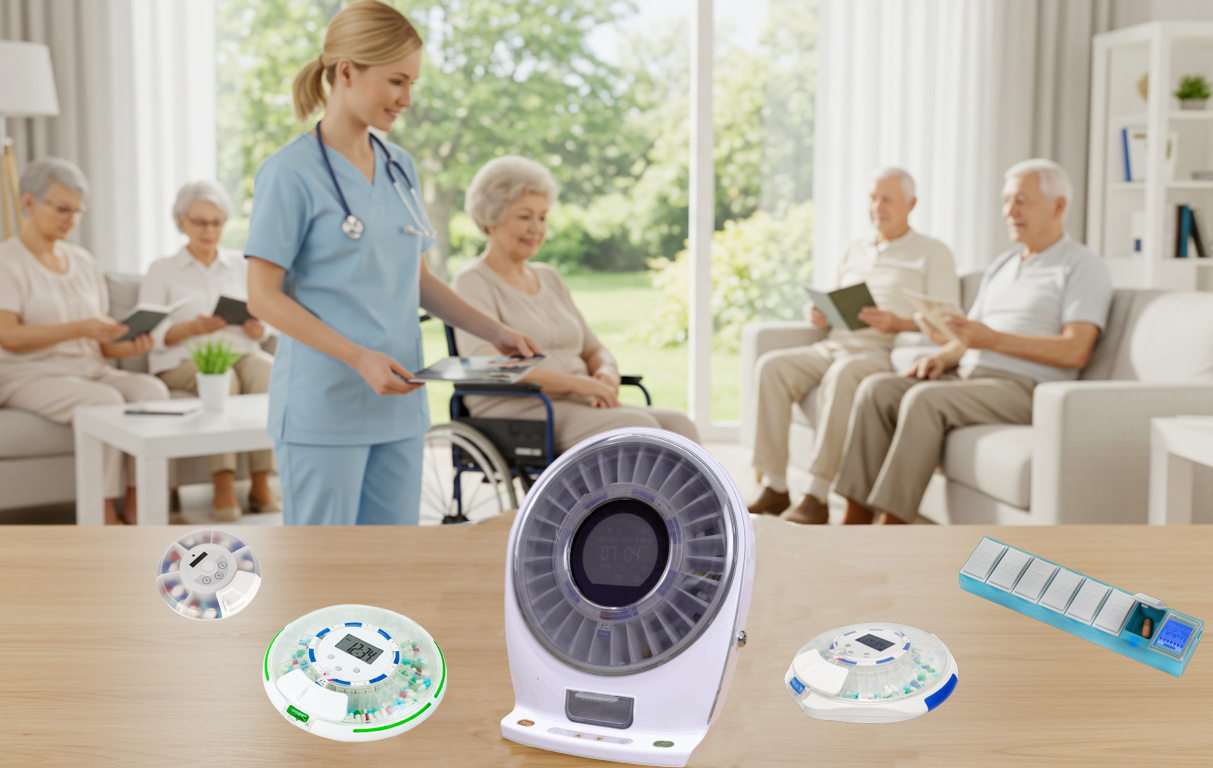
Chronic diseases such as diabetes, hypertension, and heart disease require strict adherence to prescribed treatment plans. However, traditional methods—like manual pill organizers and handwritten schedules—can be error-prone and inefficient. The challenges include:
- Missed or Delayed Doses: Forgetfulness or lack of reminders can lead to inconsistent medication intake.
- Complex Regimens: Multiple medications with different dosing schedules can overwhelm patients, increasing the likelihood of errors.
- Limited Caregiver Oversight: In many cases, caregivers struggle to monitor medication adherence consistently, leading to gaps in care.
Digital medication management solutions offer a more reliable, automated approach that addresses these challenges, ensuring that patients take their medications as intended.
Key Digital Innovations in Medication Management

Recent technological advancements are driving significant improvements in how patients manage their medications. Some of the most impactful innovations include:
-
Mobile Health Applications:
Mobile apps can provide automated reminders, track adherence patterns, and even offer educational resources about medications. They enable patients to set personalized schedules and receive notifications directly on their smartphones. -
Wearable Devices and IoT Integration:
Wearable technology—such as smartwatches and fitness trackers—can sync with medication management systems, providing real-time alerts and data monitoring. This integration supports proactive interventions and personalized care. -
Automated Pill Dispensers:
These devices automate the dispensing process, sorting medications into daily compartments and releasing them at scheduled times. With features like sound or visual alerts, automated pill dispensers help reduce human error and ensure timely medication intake without constant manual oversight. -
Remote Monitoring Systems:
Digital platforms that connect patients with their healthcare providers enable the remote monitoring of medication adherence. This continuous oversight allows for timely adjustments to treatment plans and better management of chronic conditions.
The Benefits of Embracing Digital Solutions
Digital medication management offers several tangible benefits for patients and caregivers:
-
Enhanced Adherence:
Automation and personalized reminders reduce the risk of missed doses, leading to more consistent adherence to medication regimens. -
Improved Health Outcomes:
Consistent medication intake is directly linked to better clinical outcomes, reduced hospital admissions, and overall improved quality of life for patients with chronic conditions. -
Greater Independence for Patients:
Digital tools empower patients to manage their health independently, reducing reliance on caregivers and fostering a sense of autonomy. -
Reduced Caregiver Burden:
Remote monitoring and automated systems provide caregivers with peace of mind, knowing that medication schedules are maintained without constant supervision. -
Data-Driven Insights:
By collecting adherence data, digital solutions enable healthcare providers to analyze patient behavior, tailor treatment plans, and identify potential issues before they escalate.
Looking Ahead: The Future of Medication Management
As digital health technologies continue to evolve, the future of medication management looks promising. Emerging trends include:
-
Artificial Intelligence (AI):
AI algorithms can analyze patient data to predict adherence challenges and automatically adjust medication schedules for optimal care. -
Voice-Activated Assistance:
Integration with virtual assistants (such as Alexa or Google Assistant) will allow for hands-free operation, making medication management more accessible—especially for the elderly or those with limited mobility. -
Holistic Health Integration:
Future systems may integrate medication management with broader health monitoring, combining data from various sources (e.g., vital signs, activity levels) to provide a comprehensive view of a patient’s health and enable proactive interventions.
While many digital solutions are on the market, it’s important to note that these innovations are part of a larger shift towards patient-centered care. Although Zoomcare Smart Pill Dispensers are one example of such technology, the overall trend is toward creating a seamless, integrated ecosystem that empowers patients to take control of their health.
Conclusion
Digital medication management is reshaping the future of healthcare by addressing long-standing challenges associated with traditional methods. With automated reminders, remote monitoring, and smart dispensing technology, digital solutions offer a robust approach to improving medication adherence and overall health outcomes. Embracing these innovations not only enhances patient independence and safety but also supports caregivers by reducing the burden of manual tracking. As we move forward, the integration of advanced digital tools will be essential in building a more efficient, patient-centric healthcare system.


